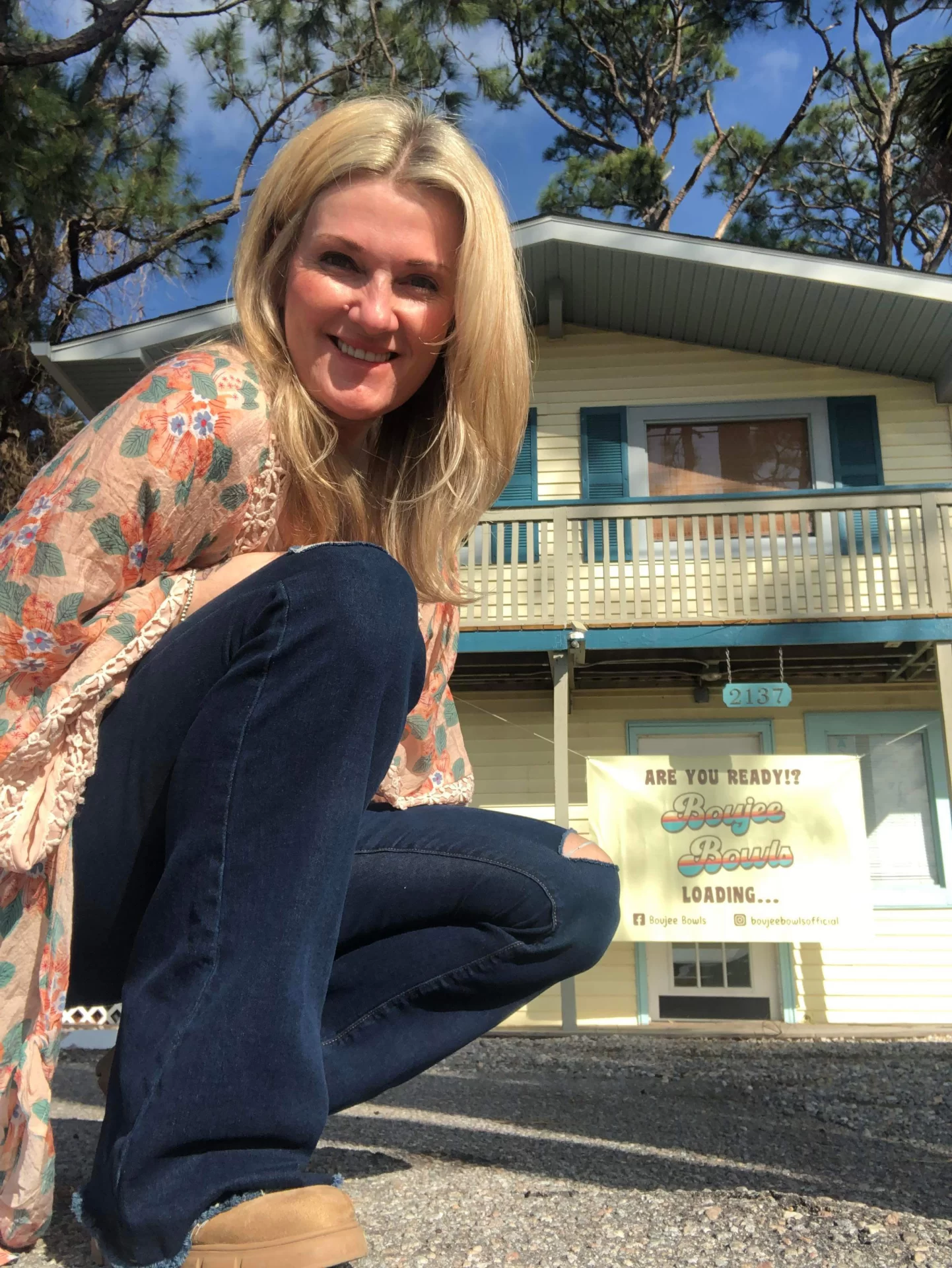“How much cash should I have now?” It seems like a simple question, but the answer can be complicated — especially in times of market volatility. Apart from an emergency fund, the amount of cash or liquid assets you need depends on many factors, including the current state of the market and major life events.
“There isn’t really a general rule in terms of a number,” says Michael Taylor, CFA, Vice President – Investment Strategy Analyst at Wells Fargo Investment Institute. “We do say it shouldn’t be more than maybe 10% of your overall portfolio or maybe three to six months’ worth of living expenses.”
Taylor notes that the number could change depending on what’s going on in the economy and markets. “You should make sure your emergency fund and cash reserves can meet your current needs,” he says.
Taylor shares five events that should prompt a conversation with your financial advisor about how much cash to have on hand.
1. When the market is in flux
The state of the market can have an impact on how much cash you should have on hand, how long you decide to hold an asset as cash, or when to convert assets to cash. This can be especially true when you foresee a large discretionary purchase such as a vacation home or a luxury vehicle.
“Plan for those purchases or defer them so you don’t have to liquidate assets at a loss during market uncertainty,” Taylor says.
2. When your job status may change
If you’re contemplating a career move such as starting a business, retiring soon, or facing a possible layoff, consider meeting with your financial advisor. “If you don’t have enough cash on hand during those transition periods, you might have to dip into an investment account or sell a stock at an inopportune time,” Taylor says. “That means you could end up losing money when you can least afford it.”
3. When your marital status is about to change
Getting married or paying for a wedding? According to “The Knot 2021 Real Weddings Study,” on average in 2021, couples spent $34,000 total on their wedding, including ceremony, reception and engagement ring. Note that doesn’t include a honeymoon or the expense of setting up a household.
A divorce can set you back as well, thanks to legal fees, asset division, and other costs. That means you need enough cash on hand to weather the transition from being single to getting married or vice versa. Talking to a financial advisor ahead of time can help you identify how much on-hand cash you need.
4. When your child is ready for college
According to projections by Wells Fargo Advisors based on the College Board’s “Trends in College Pricing and Student Aid,” the estimated cost of attending a private college for four years (including tuition, fees, and room and board) starting in 2023 is more than $228,000.1
“It’s important to plan so that you have enough liquidity to pay those tuition bills when they arrive,” Taylor says.
5. When you receive a windfall
If you receive an inheritance, a large bonus, or a generous financial gift, ask your financial advisor about investment options relative to the amount of cash you should have in your portfolio. If that money stays in savings or short-term CDs, it won’t decrease in value, but it also may not be able to earn to its full potential.
Your long-term goals, risk tolerance, and spending and saving habits also affect how much cash you should have on hand. A financial advisor can help you strike the right balance.
Total yearly costs for in-state tuition, fees, books, and room and board (transportation and miscellaneous expenses not included). Base is 2022 – 2023 school year. Costs for future years projected by Wells Fargo Advisors in November 2022 assuming a 3.0% national average increase per year for private universities (based on a 10-year historical average).
Wells Fargo Investment Institute, Inc., is a registered investment adviser and wholly-owned subsidiary of Wells Fargo Bank, N.A., a bank affiliate of Wells Fargo & Company.
This article was written by/for Wells Fargo Advisors and provided courtesy of Whitney McDaniel, CFP®, AAMS®, Financial Advisor in Beaufort, SC at 843-524-1114.
| Investment and Insurance Products are: • Not Insured by the FDIC or Any Federal Government Agency • Not a Deposit or Other Obligation of, or Guaranteed by, the Bank or Any Bank Affiliate • Subject to Investment Risks, Including Possible Loss of the Principal Amount Invested |
Wells Fargo Advisors is a trade name used by Wells Fargo Clearing Services, LLC, Member SIPC, a registered broker-dealer and non-bank affiliate of Wells Fargo & Company.
©2021-2023 Wells Fargo Clearing Services, LLC. All rights reserved. QSR-06082025-6147678.1.1






